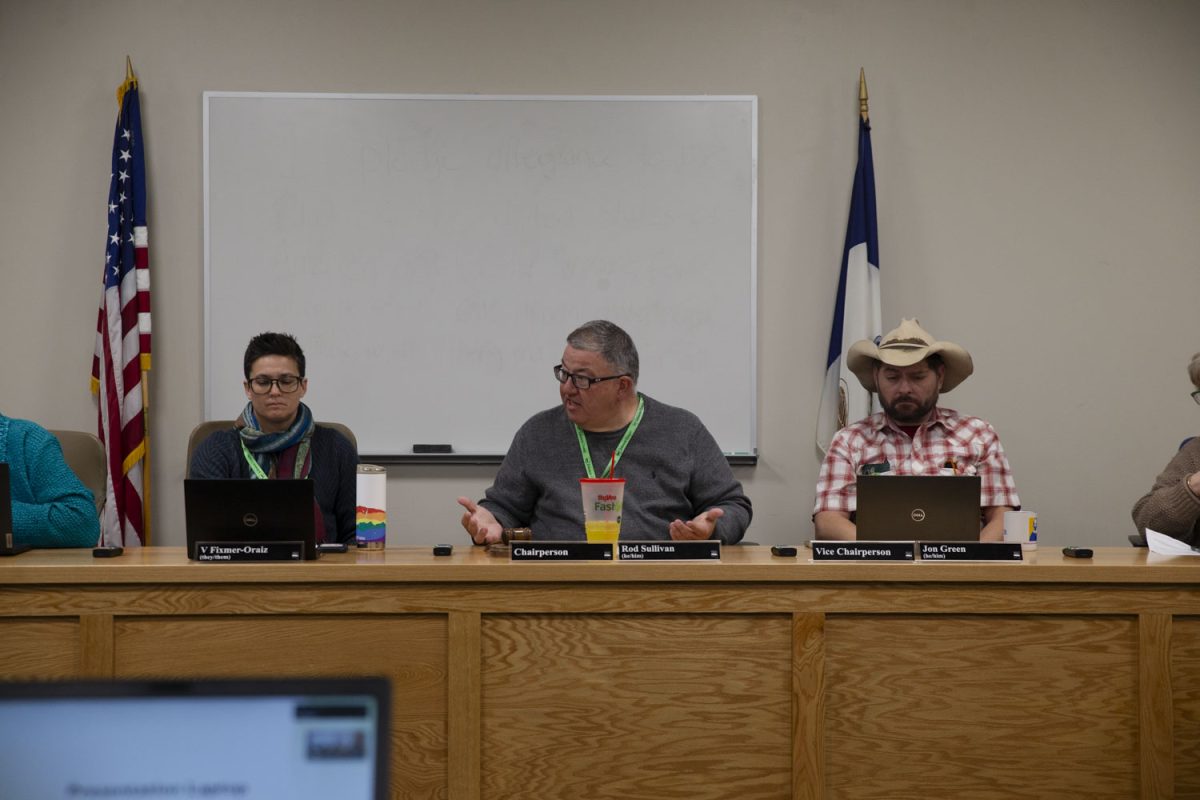The UI Faculty Senate may not be subject to Iowa’s open-meeting law, but many advisory boards fall under the state’s jurisdiction.
After the UI Faculty Senate went into two closed sessions regarding budgetary issues, many questioned the action, but the Iowa Attorney General’s Office said it was acceptable.
An open-meeting law requires governmental bodies to meet in public sessions, which allows for the public’s input in discussions.
But the Attorney General’s Office wrote in a letter dated Aug. 27 that the Faculty Senate is not required to follow the open-meeting law for two reasons: the Senate does not meet the definition of a governmental body nor does it meet the definition of holding meetings.
A governmental body is considered any board, council, or commission created by the statutes of the state or by executive order, according to Iowa’s Open Meetings, Open Records Handbook.
The Attorney General’s Office webpage also notes hearing panels of the Faculty Judicial Commission at the UI are not considered governmental bodies because the commission is not formally created by the state Board of Regents, nor does it exercise any policymaking authority.
UI Faculty Senate President David Drake confirmed that when the Senate goes into executive session — which is a rare — nothing is formally voted on, and no decisions are made.
No information discussed is provided to UI President Sally Mason, he said.
“People just feel more free to discuss very sensitive issues [in closed session],” he said.
On the other hand, the Iowa City City Council’s advisory board cannot meet in closed session because it exercises policymaking authority and is therefore considered to be a governmental body.
The City Council’s advisory board meets as a committee and then makes recommendations to the City Council for actions it would like to take, said Sondrae Fort, a licensed specialist in the City Clerk’s Office.
At the national level, each state handles its open-meeting laws differently, and there is no consensus on which way is correct.
But the question comes down to how the public might be affected.
Either state officials decide the public gets an adequate voice by being allowed to attend the final meeting, or officials may believe the public deserves to be involved early on in the decision process, said Adam Goldstein, an attorney advocate for the Student Press Law Center, located in Virginia.
“I think both views are equally valid,” he said. “There are advantages and disadvantages to both.”
An advisory’s board closed sessions encourages those members who think “outside the box” — who may be misunderstood by the general public — to speak out, which could be difficult in an open session, Goldstein noted.
“There’s an expression: ‘Genius is close to madness,’ ” he said.
In a case where the larger ruling body agrees with its advisory council, the public never gets the chance to be involved in the debate.
As for faculty senates, Goldstein said he believes they can at times act more like a lobbying group and argues they don’t have any formal authority. And in terms of the UI Faculty Senate, the Iowa Attorney General’s Office agrees.






